Publications
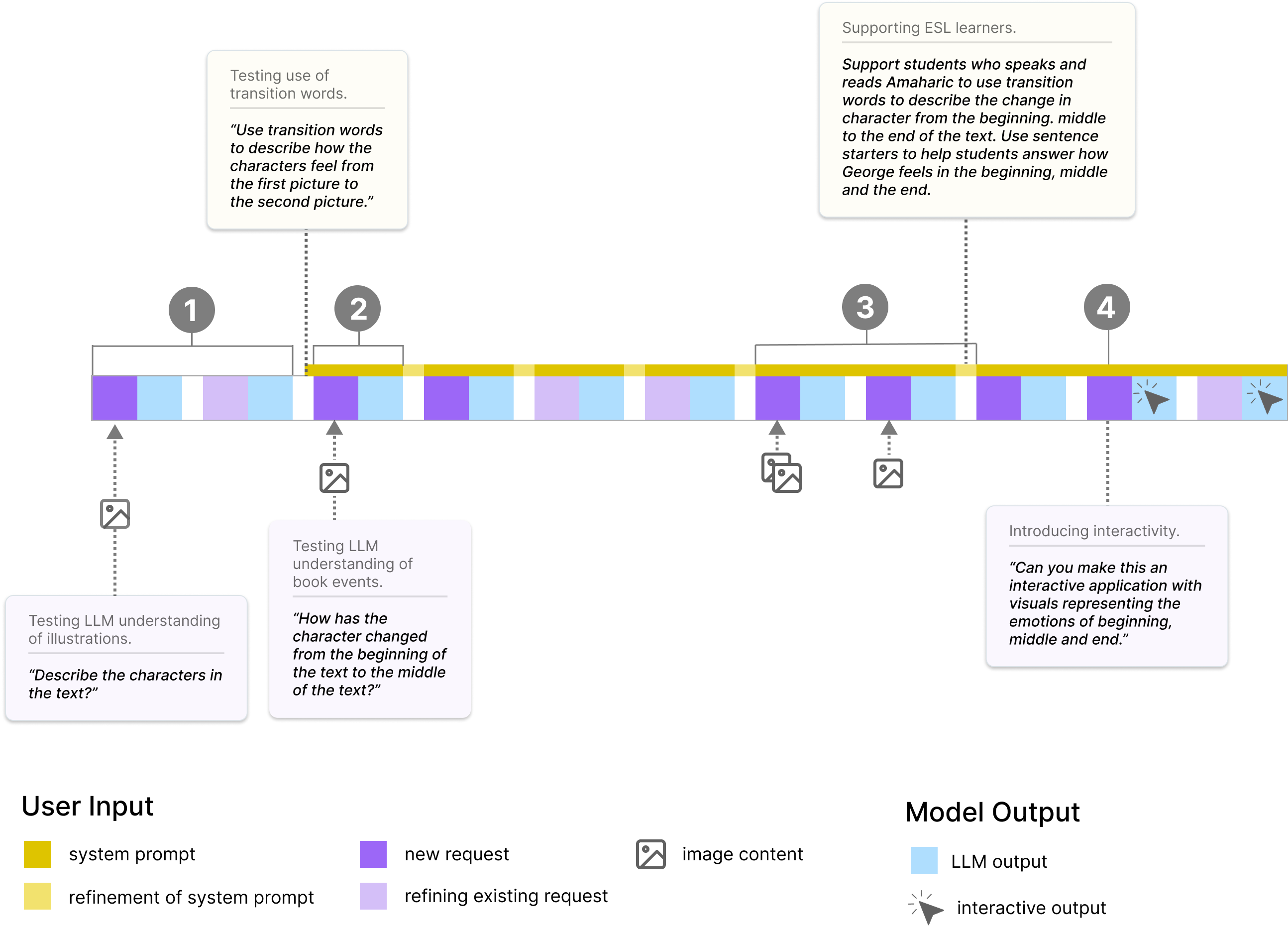
arXiv preprint 2025
Beyond Text: Probing K-12 Educators' Perspectives and Ideas for Learning Opportunities Leveraging Multimodal Large Language Models
Little is known about how educators envision how multimodal large language models (MLLMs) might shape the future of learning experiences, what challenges diverse teachers encounter when interpreting how these models work, and what practical needs should be considered for successful implementation in educational contexts. We investigated educator perspectives through formative workshops with 12 K-12 educators, where participants brainstormed learning opportunities, discussed practical concerns for effective use, and prototyped their own MLLM-powered learning applications using Claude 3.5 and its Artifacts feature for previewing code-based output.
machine-learning
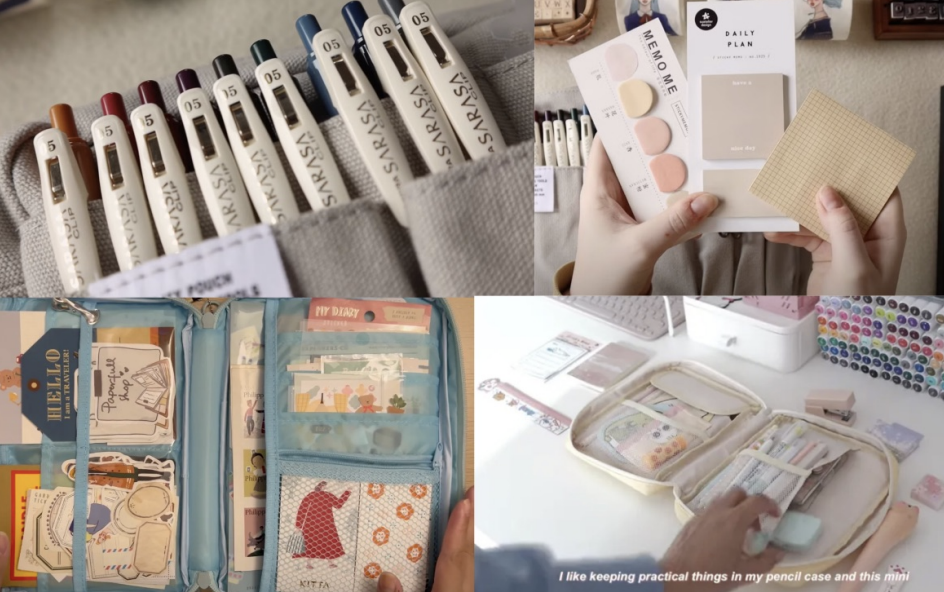
C&C 2025
Crafting a Personal Journaling Practice: Negotiating Ecosystems of Materials, Personal Context, and Community in Analog Journaling
We report on our identification of the journaling ecosystem in which journaling practices are shaped by materials, personal context, and communities, sharing how this ecosystem plays a role in the practices and identities of journalers as they customize their journaling routine to best suit their personal goals. Using these insights, we discuss design opportunities for how future tools can better align with and reflect the rich affordances and practices of journaling on paper.
documentation
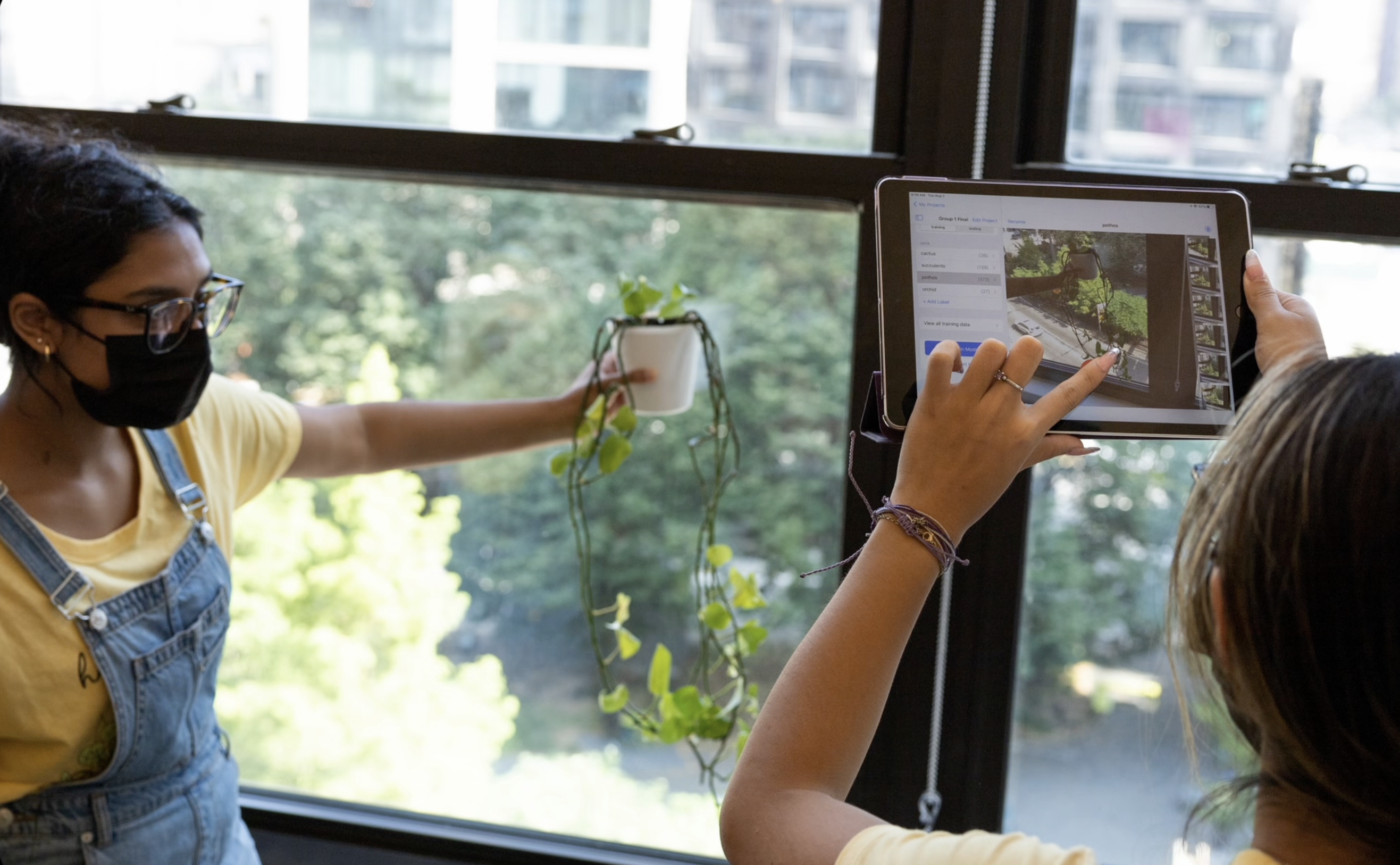
Co-ML: Collaborative machine learning model building for developing dataset design practices
We outline a set of four data design practices (DDPs) for designing inclusive ML models and share how we designed a tablet-based application called Co-ML to foster learning of DDPs through a collaborative ML model building experience. We deployed Co-ML in a 2-week-long educational AIML Summer Camp, where youth ages 13–18 worked in groups to build custom ML-powered mobile applications.
machine-learning
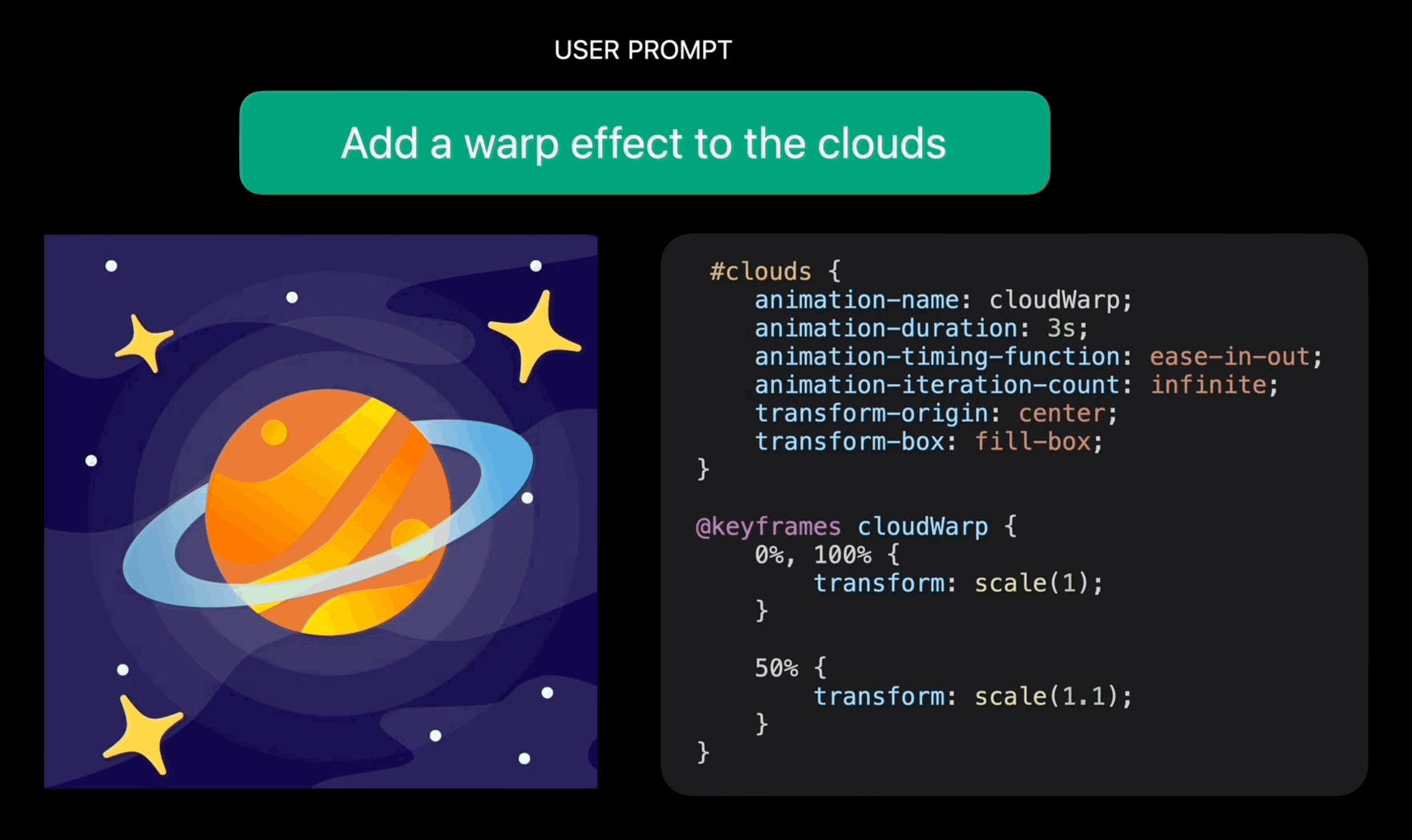
Keyframer: Empowering Animation Design using Large Language Models
We present Keyframer, a design tool for animating static images (SVGs) with natural language. Informed by interviews with professional animation designers and engineers, Keyframer supports exploration and refinement of animations through the combination of prompting and direct editing of generated output.
machine-learningvisual-arts
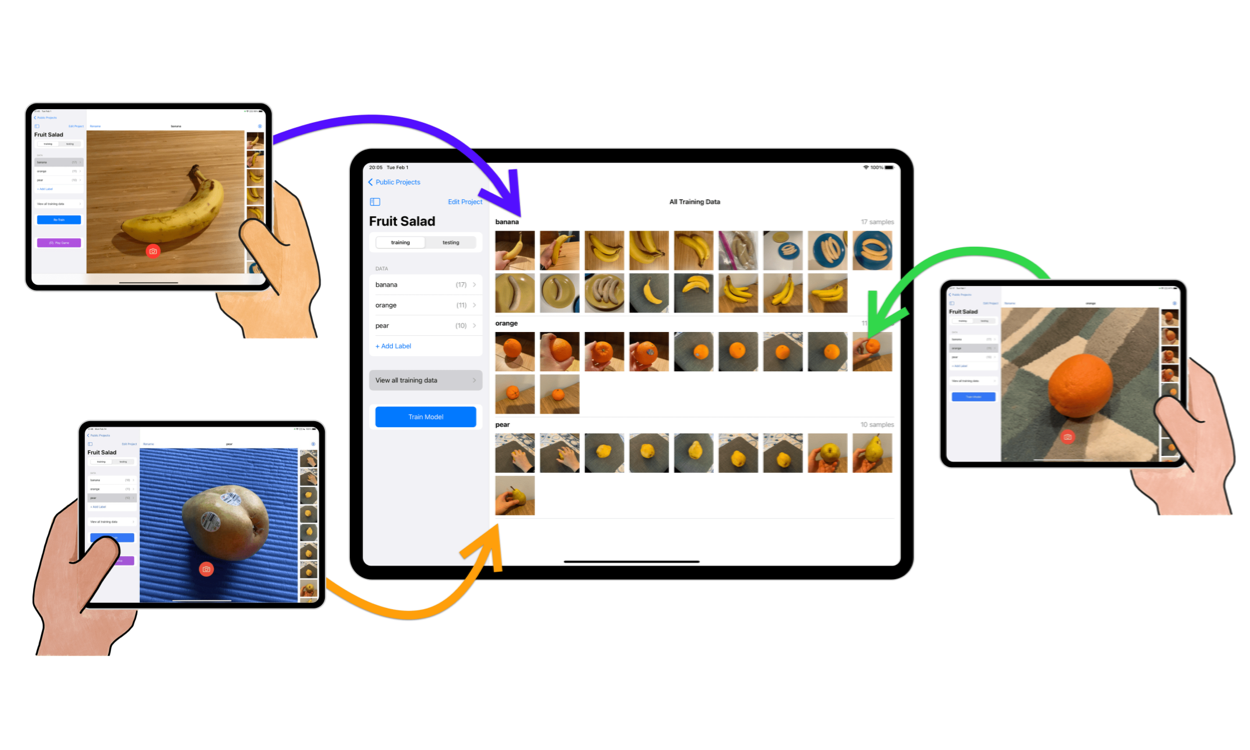
Collaborative Machine Learning Model Building with Families Using Co-ML
We created Co-ML – a tablet-based app for learners to collaboratively build ML image classifiers through an end-to-end, iterative model-building process. In this paper, we illustrate the feasibility and potential richness of collaborative modeling by presenting an in-depth case study of a family (two children 11 and 14-years-old working with their parents) using Co-ML in a facilitated introductory ML activity at home.
machine-learning
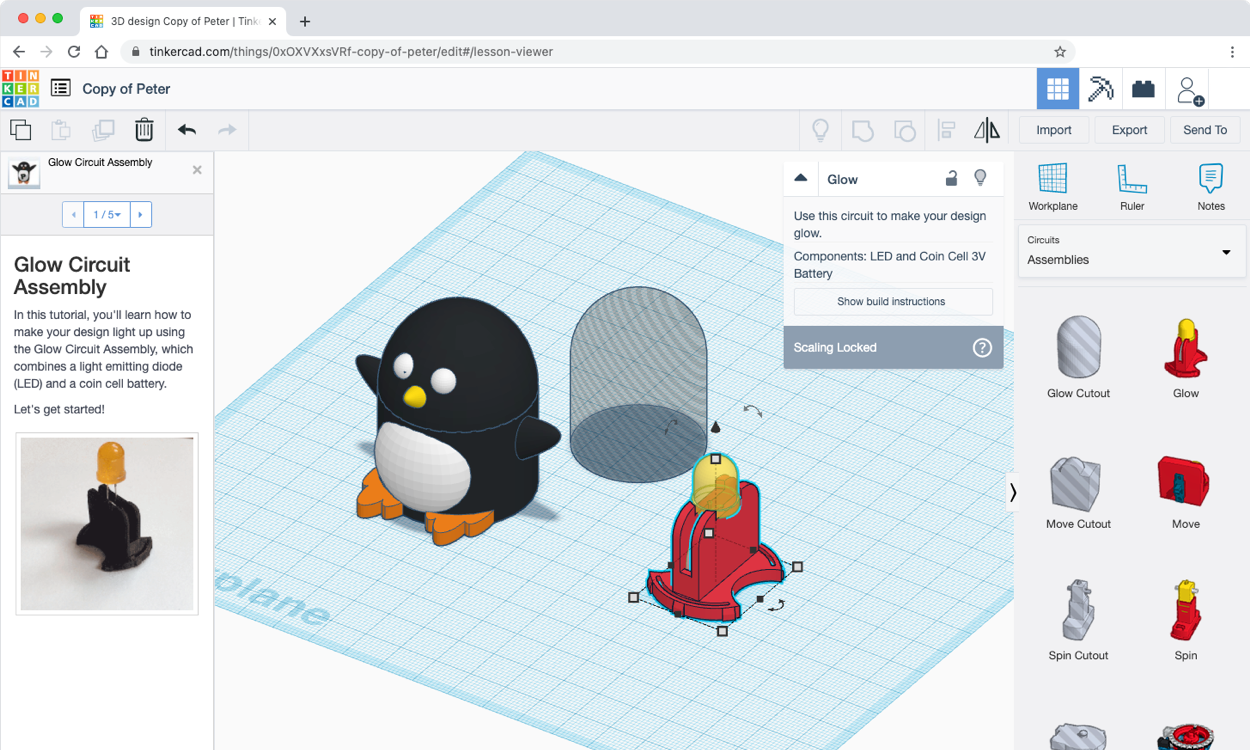
DIS 2021
Circuit Assemblies: Electronic Modules for Interactive 3D-Prints
This pictorial presents Circuit Assemblies, a design system for beginners to create 3D-printed interactive objects with embedded electronics. Circuit Assemblies are modules used to create objects that light up, move, or spin using basic electronic components like LEDs, batteries, and motors. To support beginners incorporating Circuit Assemblies into 3D designs, a set of virtual components were added to Tinkercad, a popular browser-based 3D CAD application with over 10 million users.
electronics
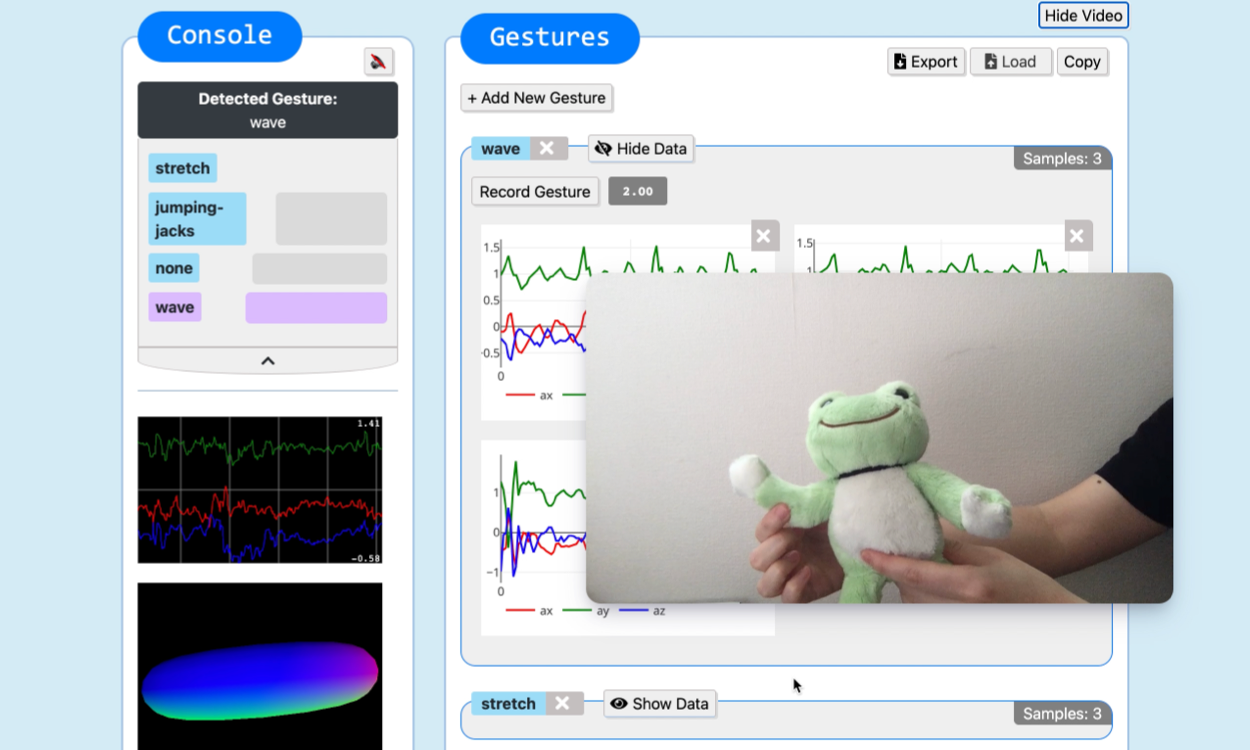
IDC 2021
best paper
PlushPal: Storytelling with interactive plush toys and machine learning
This paper presents PlushPal, a web-based design tool for children to make plush toys interactive with machine learning (ML). With PlushPal, children attach micro:bit hardware to stuffed animals, design custom gestures for their toy, and build gesture-recognition ML models to trigger their own sounds. We describe how, in the context of storytelling, PlushPal introduces core concepts in ML including data sampling and model evaluation.
machine-learningelectronics
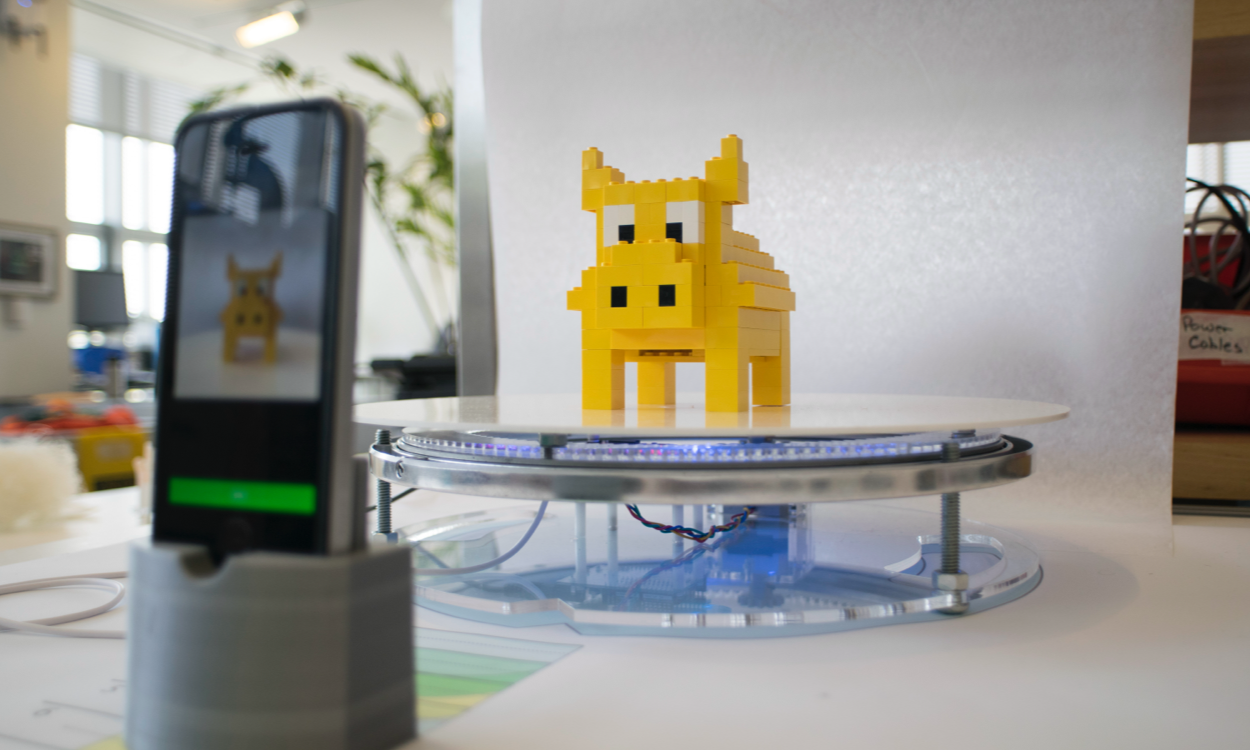
Spin: Examining the role of engagement, integration, and modularity in supporting youth creating documentation
In this paper, we contribute an evaluation of Spin, a system for youth to capture and share animations of physical design projects. We describe how educators and students used Spin in 16 different K-12 makerspaces over 6 months, ranging from 2-hour-long workshops to extended 8-week engagements. We outline the role of engagement, integration, and modularity for making documentation practice relevant and meaningful.
documentation
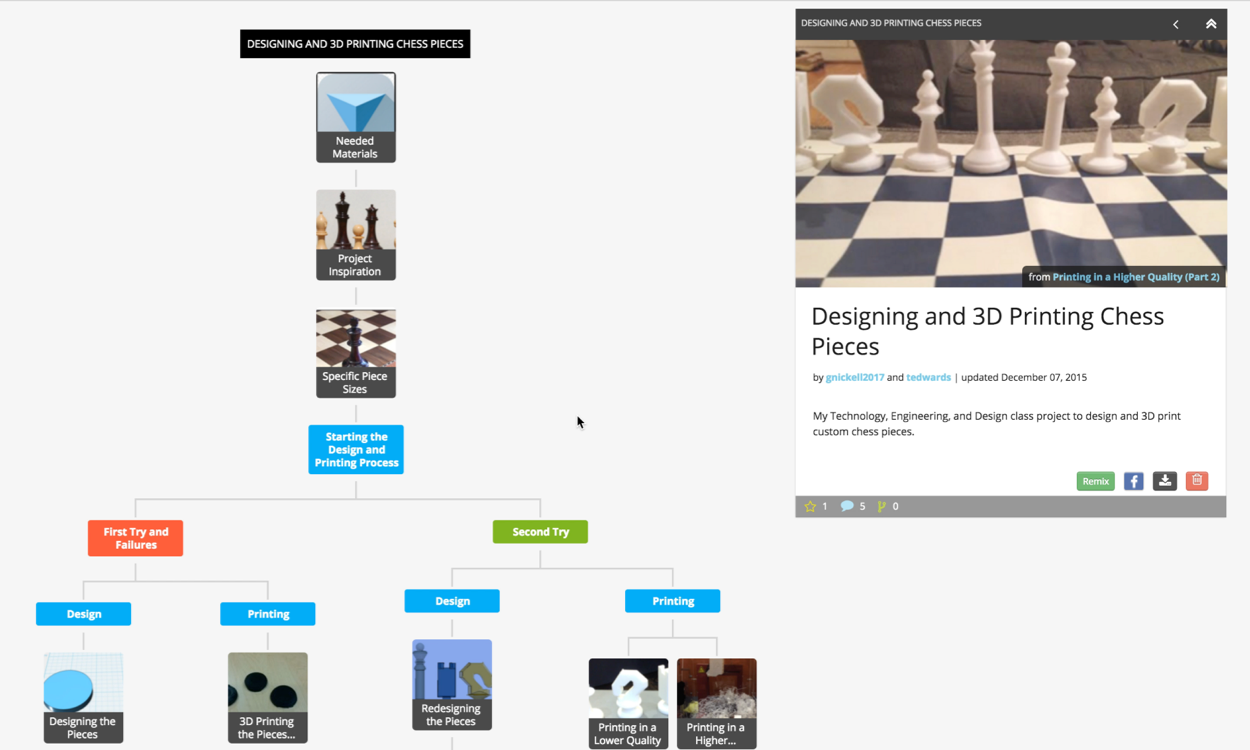
Making Make-throughs: Supporting young makers sharing design process.
This paper introduces the concept of make-throughs, a documentation format in which Makers share their design process throughout the development of a design project. Makethroughs capture the rich, iterative nature of a design process in which a project is constantly revised and refined over time. In contrast to tutorials, make-through documentation is shared throughout the design process (rather than after a project is complete), and incorporates iteration (rather than a finalized list of instructions).
documentation
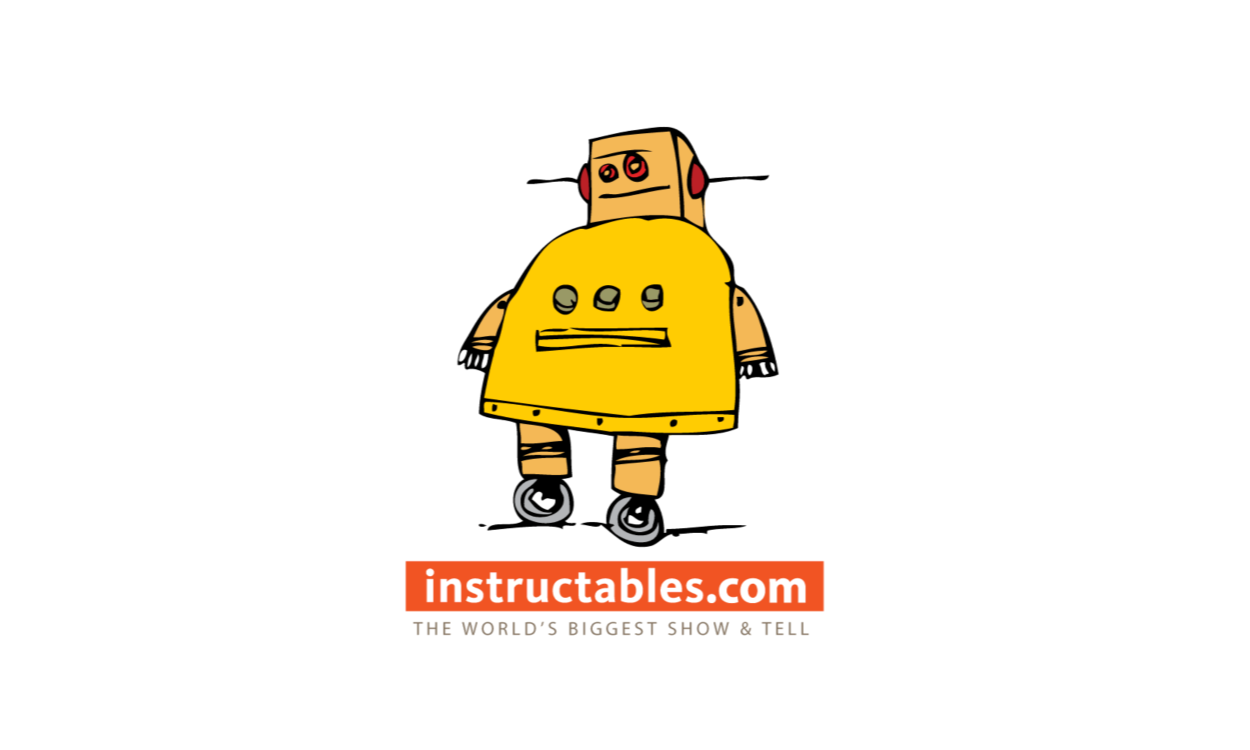
IDC 2014
Product versus process: Representing and appropriating DIY projects online
Through interviews and surveys with authors and readers of Instructables, we describe differences found in the practices of these two types of users in creating and applying design documentation. Based on the results, we identify design opportunities for members of the HCI community developing tools to better support people sharing creative work online..
documentation
People

Assistant Professor

Research Assistant
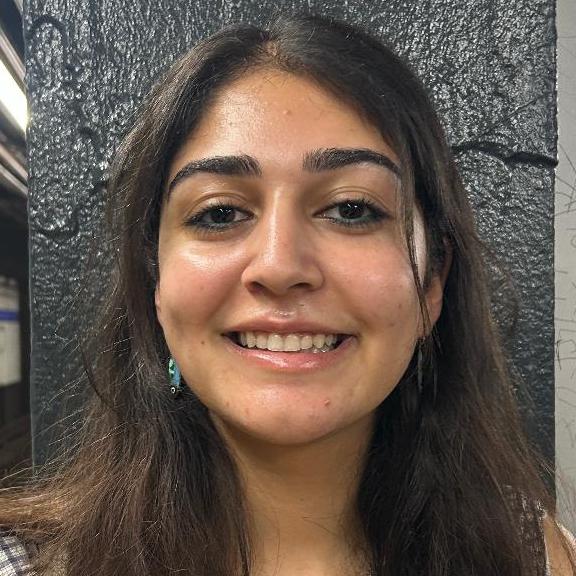
Rona Darabi
Research Assistant
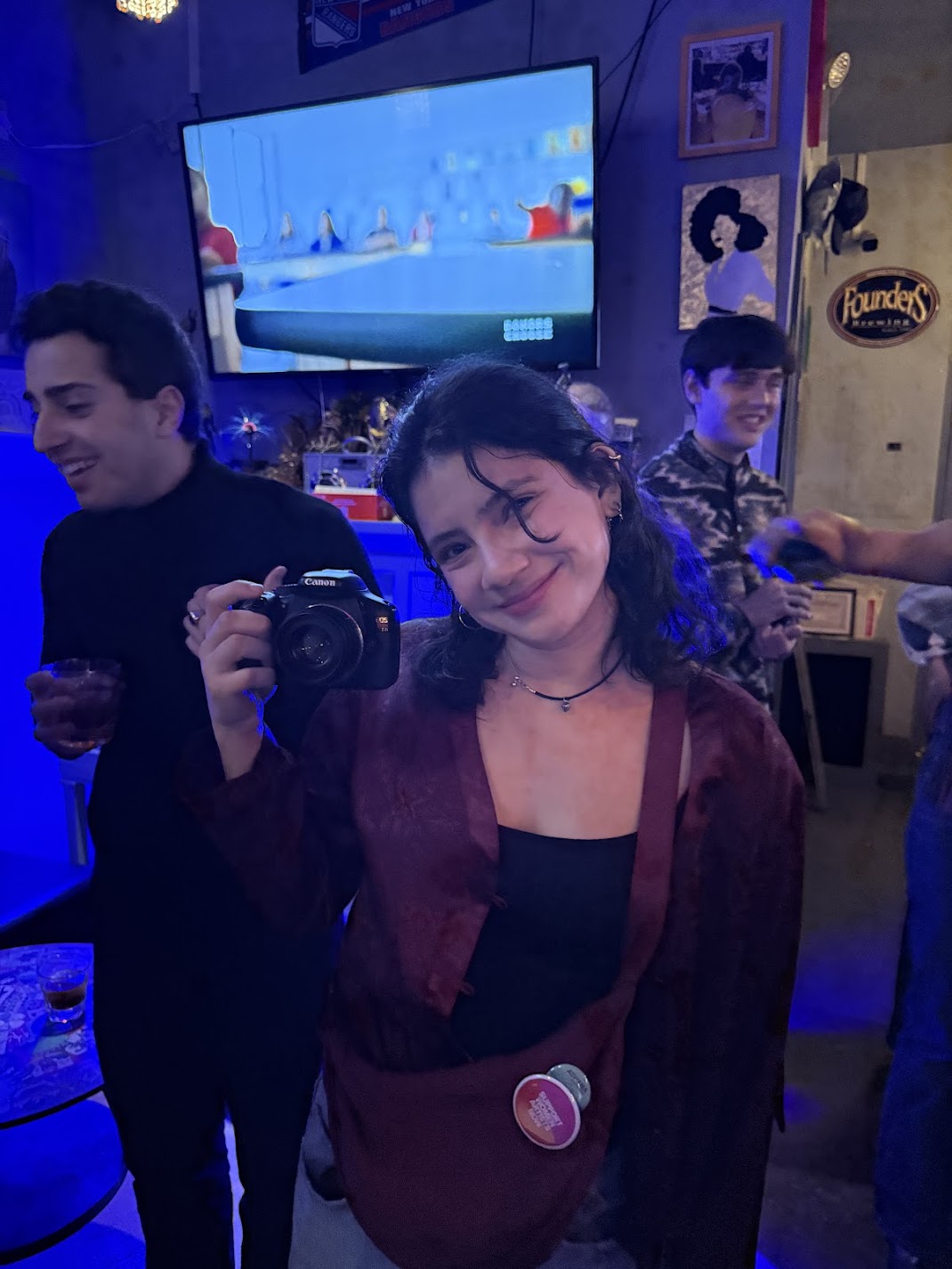
Research Assistant
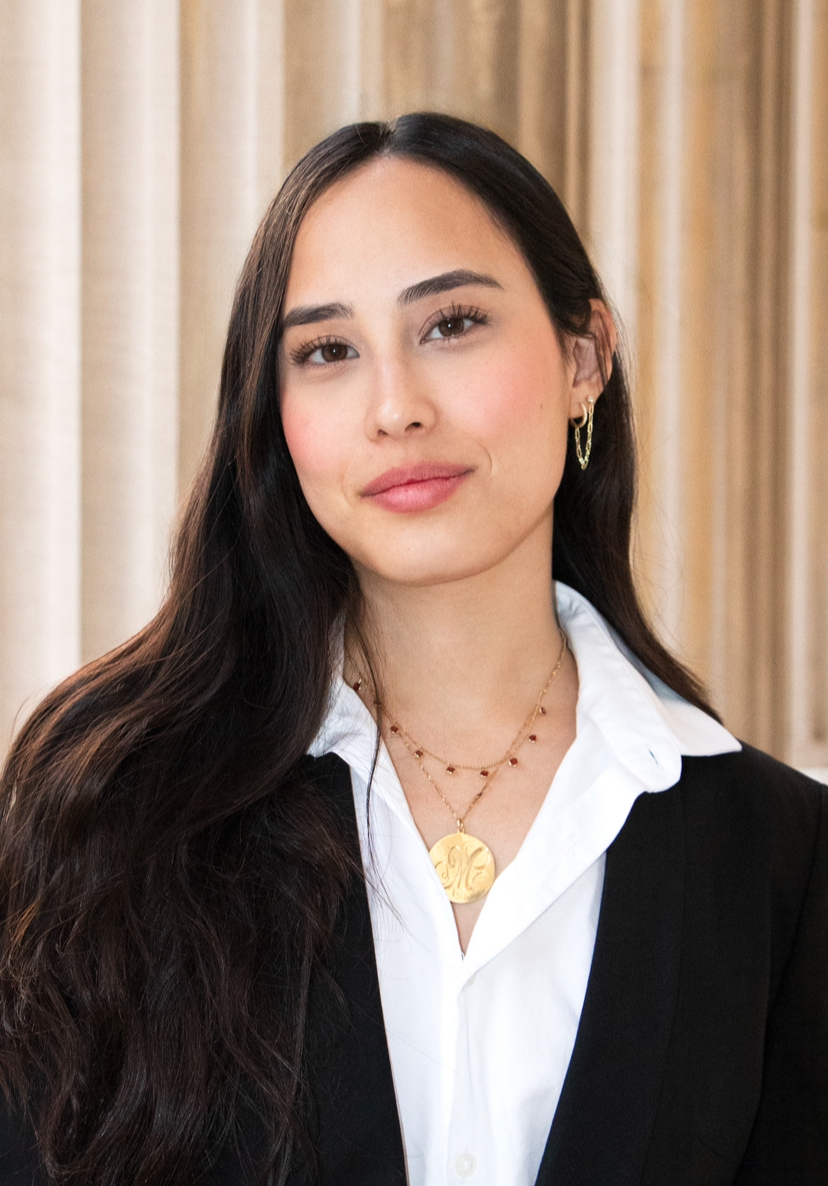
Meitalia Factor
Research Assistant
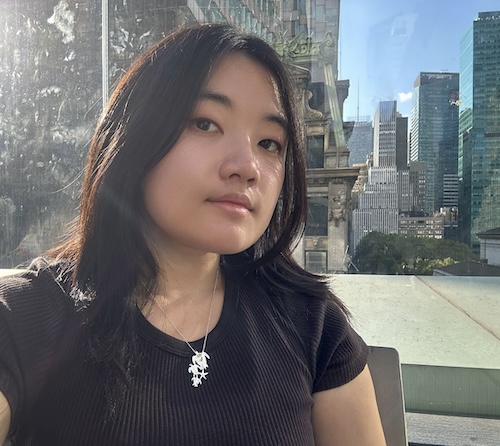
Juna Kawai-Yue
Research Assistant
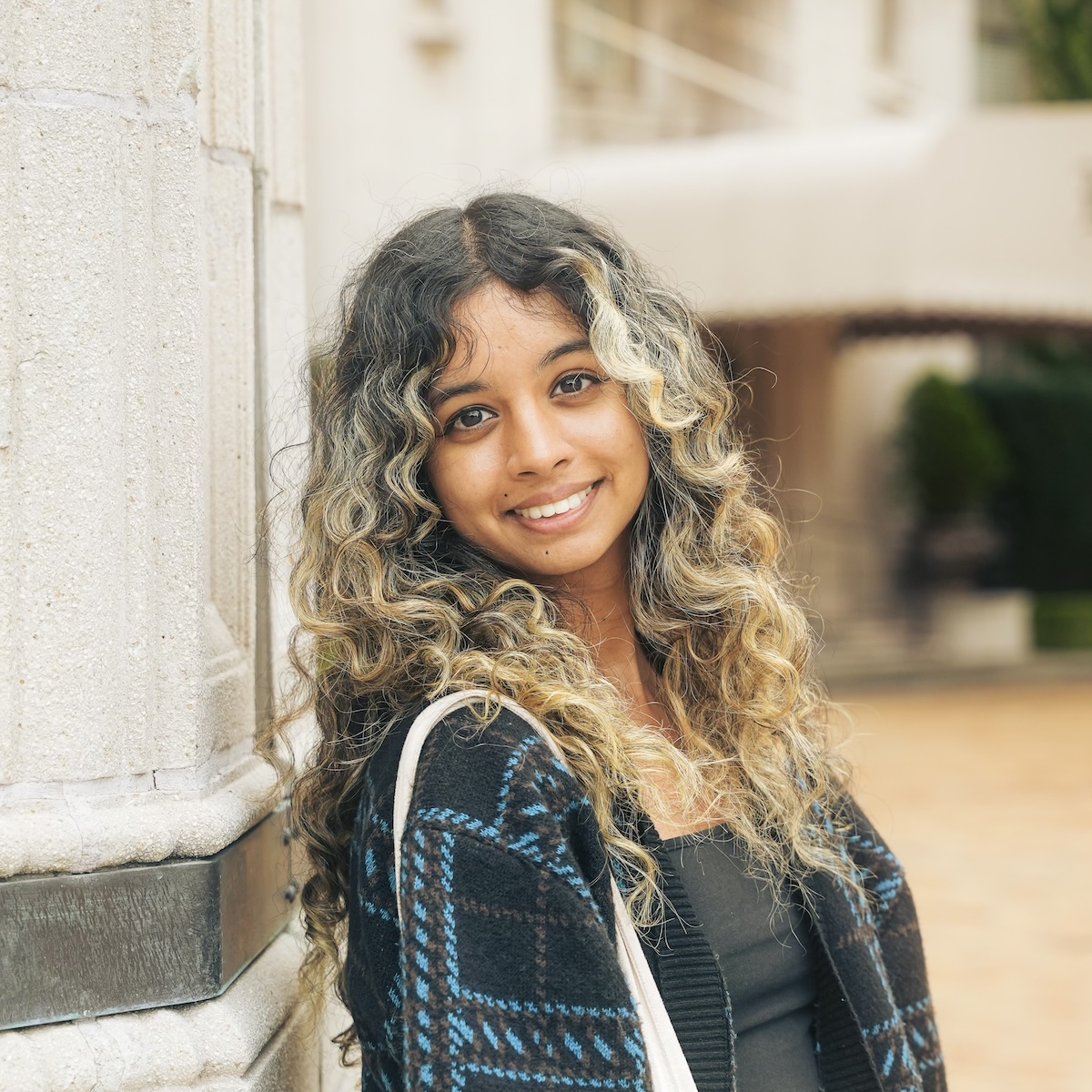
Jeevika Adda
Research Assistant
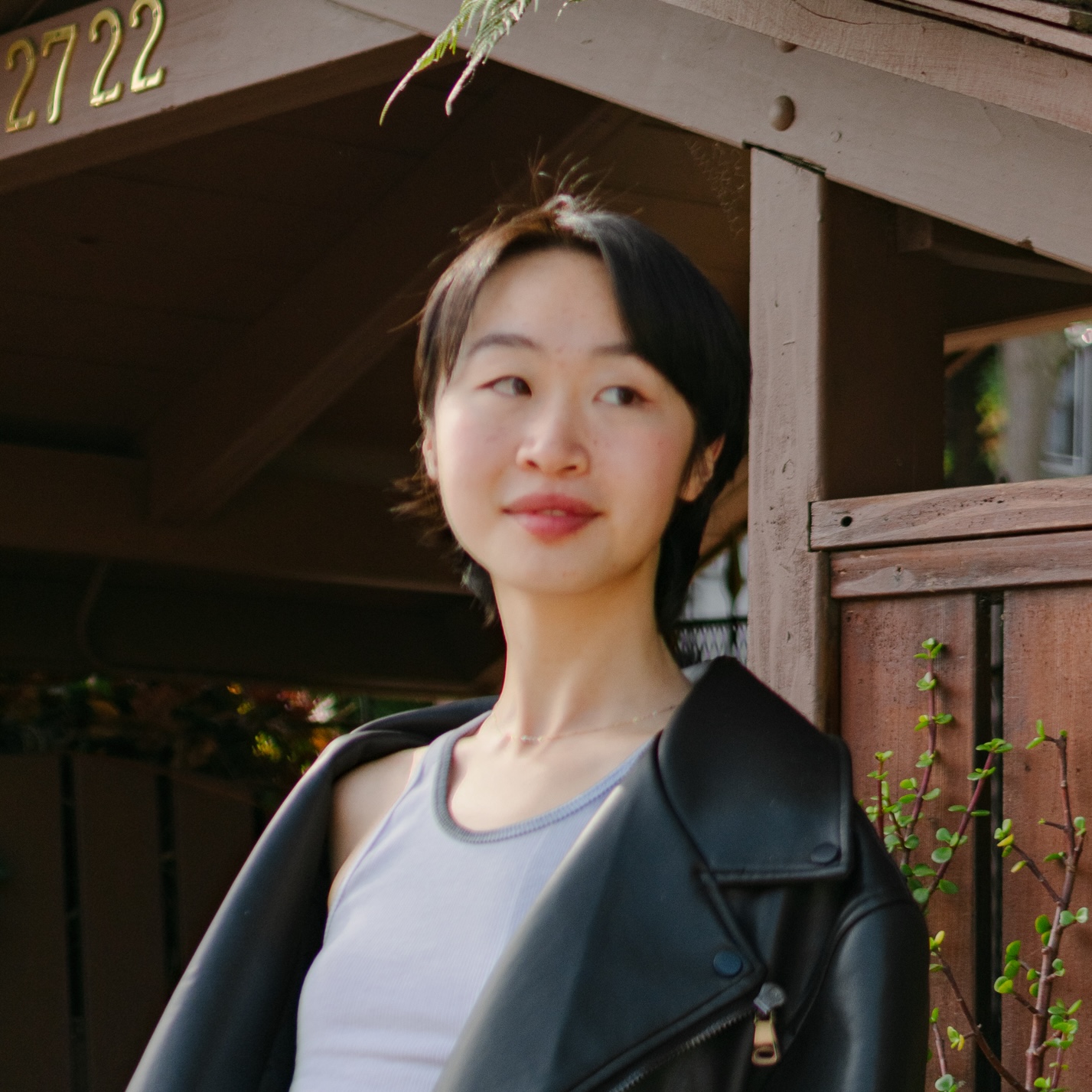
Visiting Researcher

Arya Sinha
Research Assistant

Visiting Researcher

Research Assistant
Alumni
Alekhya Maram (Fall 2024 - Spring 2025)
Emujin Tsogtjargal (Summer 2025)
Katelyn Lam (Fall 2024 - Spring 2025)
Katherine Lin (Fall 2024 - Spring 2025)
Liliana Seoror (Fall 2024 - Fall 2025)
Lucy Hecht (Spring 2025 - Fall 2025)
Lulu Wang (Fall 2024)
👋 Thanks for your interest in joining DTL!
If you are a current Barnard or Columbia student interested in getting involved in research in DTL, please fill out this Google form.
Prospective Graduate StudentsApply to Columbia CS and mention PI Tiffany Tseng in your application.
